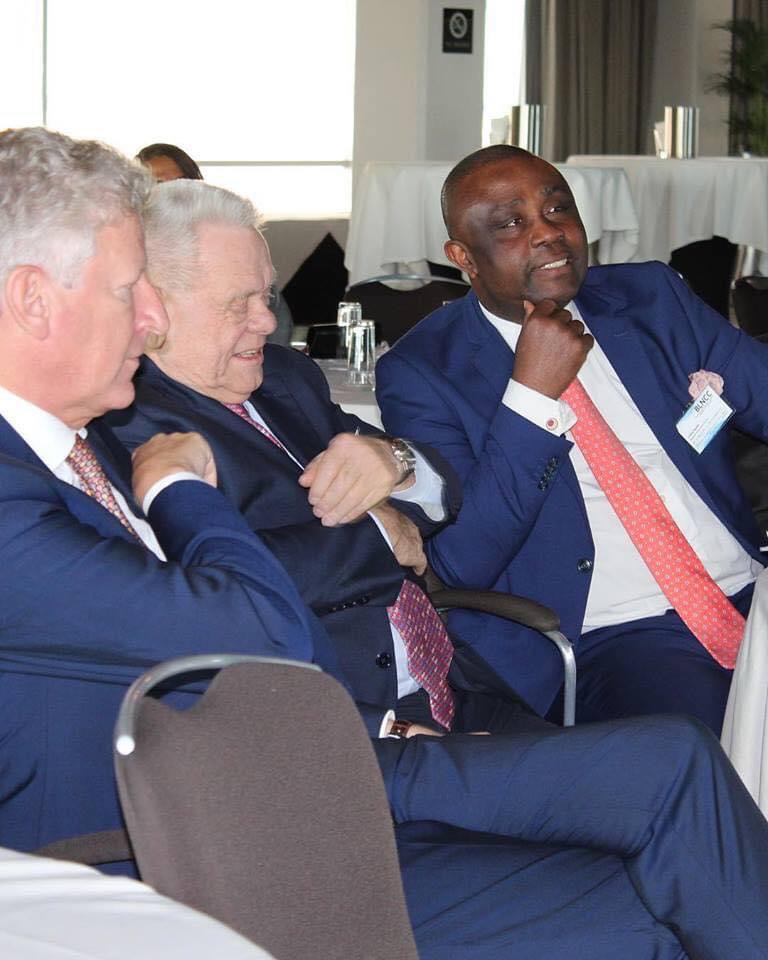Policy and regulatory reforms for local refiners and importers for fair competition in Nigeria’s petroleum market.

The government must implement a balanced regulatory framework. This is necessary to guarantee fair competition between local refiners and importers in Nigeria’s petroleum market. The framework should promote investment in local refining while ensuring market efficiency. I see 4 Key policy or regulatory reforms:
1. Market-based pricing mechanism
2. Infrastructure and logistics support
3. Fair Taxation and Incentives
4. Strengthening Regulatory Oversight
Market-Based Pricing Mechanism should be a priority reform. We have seen it work in India. For instance, the country deregulated petrol prices in 2010 and diesel prices in 2014. This enabled private refiners like Reliance Industries to compete fairly with state-owned companies, improving supply chain efficiency. Under this arrangement, Dangote Refineries can seamlessly compete with NNPCL.
I’m indifferent about Subsidy Reform. If subsidies must exist, they should be targeted and transparent. They should guarantee that subsidies do not disproportionately help importers or disadvantage local refiners. More important for me is Deregulation of Petroleum Prices. Government should allow market forces to set fuel prices. This ensures that local refiners and importers compete on a level playing field.
Another priority reform area is Infrastructure and Logistics Support. There should be equal access to storage and distribution networks. I align with the Petroleum Products Retail Outlets Owners Association of Nigeria (PETROAN) on this. They advocate for a holistic market. Nigeria-based refiners, importers, depot owners, and retail outlets should have a level playing field to operate. Local refiners should have unhindered access to pipelines, storage depots, and distribution channels controlled by state-owned NNPCL or private companies.
Critical in this is Port and Customs efficiency. There should be streamlining of import/export regulations to reduce cost disparities between imported and locally refined products. United States offers perhaps a good model to strive towards. In the U.S., Pipeline Open Access Rules are enforced by the Federal Energy Regulatory Commission (FERC). These rules ensure that refiners and importers have fair access to transport infrastructure. They prevent monopolistic practices.
In the area of Fair Taxation and Incentives, Nigeria can look to Brazil for a lesson or two. Brazil offers tax incentives for domestic refining. The country ensures importers are not unduly burdened. This allows fair competition between local producers and foreign suppliers. The current Head of Nigerian Mission ad interim in Brazil is Ambassador Basil Okolo. He and I had similar conversations years ago. This occurred while he served here in Brussels. I hope that by experiencing the Brazilian example close-up, he would properly guide the government. Working closely with Nigerian Diaspora leaders in Brazil, like Mr. Chika ORI, will also help in this direction.
Discover more from A Fairer Europe
Subscribe to get the latest posts sent to your email.
